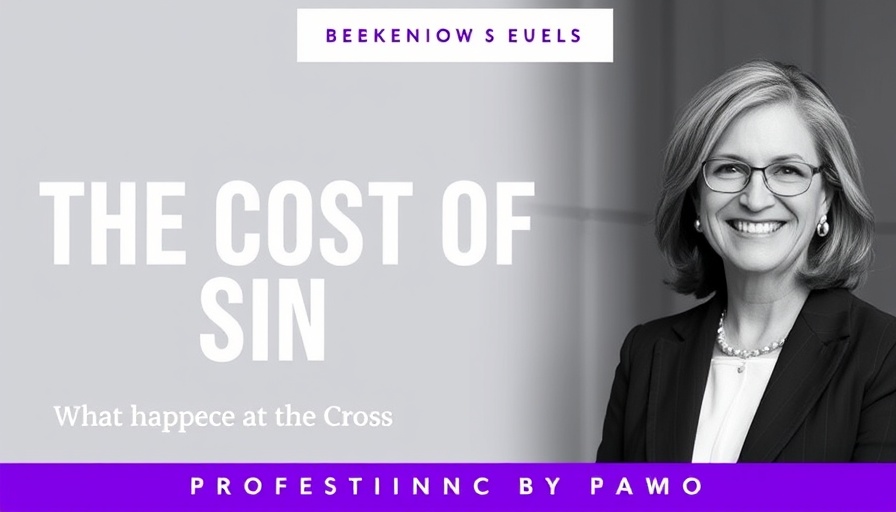
Understanding Political Opportunism Among Christians
In a world rife with political division, the question arises: Are Christians acting as political opportunists? This inquiry not only seeks to understand the motivations behind the actions of individuals within the Christian community but also examines the implications of such behavior on the faith's image and its alignment with core values.
Historical Context: The Church and Politics
Historically, the relationship between the church and politics has been complex. From the establishment of state churches in Europe to the Evangelical movement influencing American politics, the intertwining of faith and political leverage is not a new phenomenon. Religious leaders and organizations have often wielded their influence to promote policies that align with their beliefs, resulting in significant social change. However, this has also led to criticisms of hypocrisy when principles take a backseat to political gain.
The Modern Landscape: Christianity in Political Discourse
In recent years, the political climate has intensified, with many Christians actively participating in political discourse. Social issues like abortion and LGBTQ rights become battlegrounds where some churches rally support for candidates who echo their beliefs. Critics argue that such alignment is opportunistic - leveraging faith to gain political capital while neglecting fundamental Christian teachings like compassion and humility. By evaluating who stands to gain from such alignments, one might conclude that the church is sacrificing authenticity for influence.
Counterarguments: A Call for Engagement
On the other hand, supporters of Christian engagement in politics argue that believers have a moral obligation to shape society in ways aligned with their faith. In many cases, involvement is portrayed as a necessary action to fulfill the Great Commission - sharing the Christian message with the world. Furthermore, advocates emphasize the importance of representation in governance, where Christians address societal issues from their values and convictions. This perspective posits that Christians who engage politically can enact real change in communities while effectively reflecting their beliefs.
The Emotional Tug: Community, Justice, and Faith
The emotional aspect of this debate cannot be overlooked. Many believers feel called to advocate for justice, framing their political involvement as a reflection of their love for others. They advocate for social justice, environmental stewardship, and humanitarian aid, using their faith as a foundation for activism. One must consider whether labeling such efforts as opportunism undermines genuine intentions.
Future Predictions: Faith’s Role in Shaping Policies
As we move forward, it is crucial to observe how political engagement will evolve within the Christian community. Will Christians continue to take stances that align opportunistically with political figures or movements that may not wholly align with their theological underpinnings? Or will they be prompted to examine their involvement more closely, seeking to impact society in ways consistent with their values? Scholars suggest that discerning Christians may begin distinguishing between true advocacy for justice and mere political maneuvering, pushing for authenticity in engagement.
Conclusion: Reflections on Conduct and Integrity
The challenge of political opportunism in Christianity invites reflection on the motivations behind actions. While political engagement can yield positive outcomes, it also raises questions about integrity and mission. For Christians, the call remains to engage thoughtfully and seek to let their faith guide their actions rather than allowing political landscapes to dictate their beliefs. As members of the Seventh-day Adventist community, the commitment to uphold principles of social justice, uphold integrity, and foster authentic relationships should guide political involvement.
Call to Action
As believers navigating the complexities of politics and faith, it is essential to engage on issues that matter—to seek authentic representation and remain true to the core values of Christ. Reflect on your involvement, engage in constructive dialogue, and work towards a more just society that mirrors your convictions.
 Add Row
Add Row  Add
Add 




 Add Row
Add Row  Add
Add 


Write A Comment